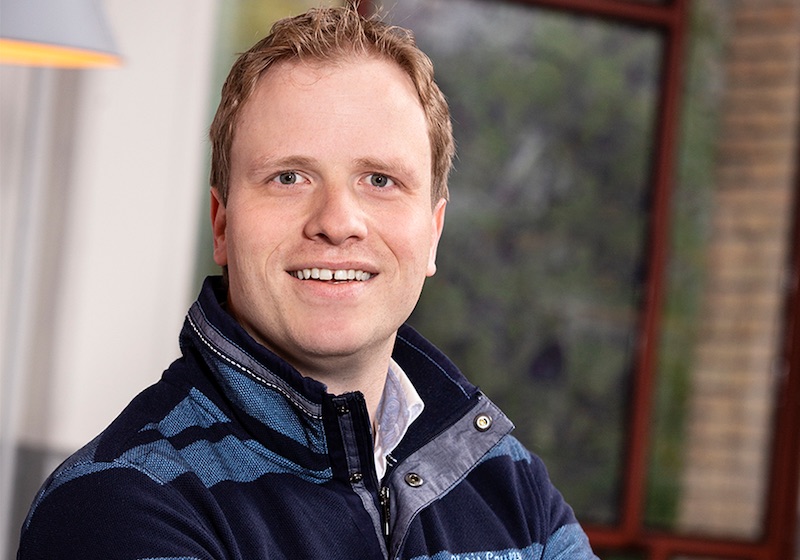JOIN
The DMI ecosystem is for governments, companies and knowledge institutions. Anyone who wants to contribute to the smart and sustainable design and functioning of our cities can participate. Together we build smart, livable and future-proof cities.


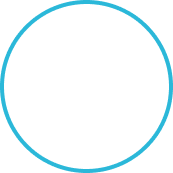
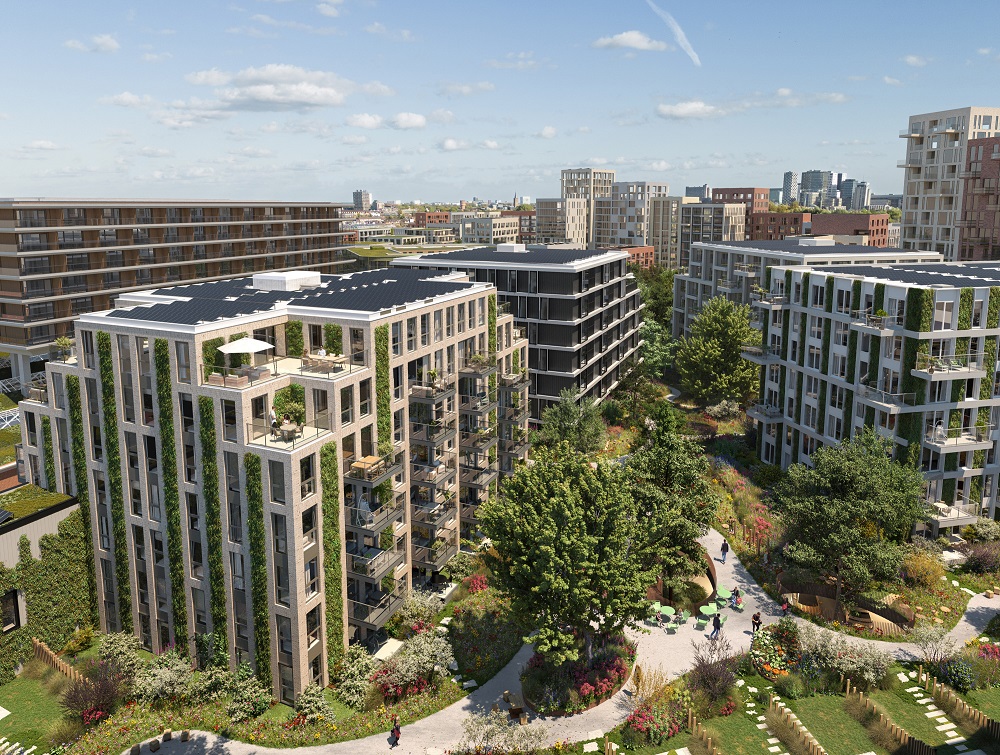
The DMI ecosystem provides visibility into potential collaboration partners and new knowledge, government direction and business opportunities. Participation is entirely voluntary, but not without obligation.
Good cooperation requires agreements. Therefore, a General Agreement has been set up that provides a solid basis with mutual trust, with ground rules for all participants. Think of conditions for joining the ecosystem, rights and obligations, protocols for data access and use of the Products and Data Exchange (PDX).
Below you can download the General Agreement with the legal agreements.
Would you like to join and become a DMI participant?
If so, please fill out the form below.
Do you have questions about the DMI ecosystem, the participation process or the application form below? If so, please contact the DMI program office at dmi-team@dmi-ecosysteem.nl.
![]() The DMI ecosystem helps us in the exchange of knowledge to tackle cross-municipal tasks together. Many municipalities are working on similar tasks.
The DMI ecosystem helps us in the exchange of knowledge to tackle cross-municipal tasks together. Many municipalities are working on similar tasks. ![]()
Dana Zijlmans, mobility advisor, Zwolle municipality
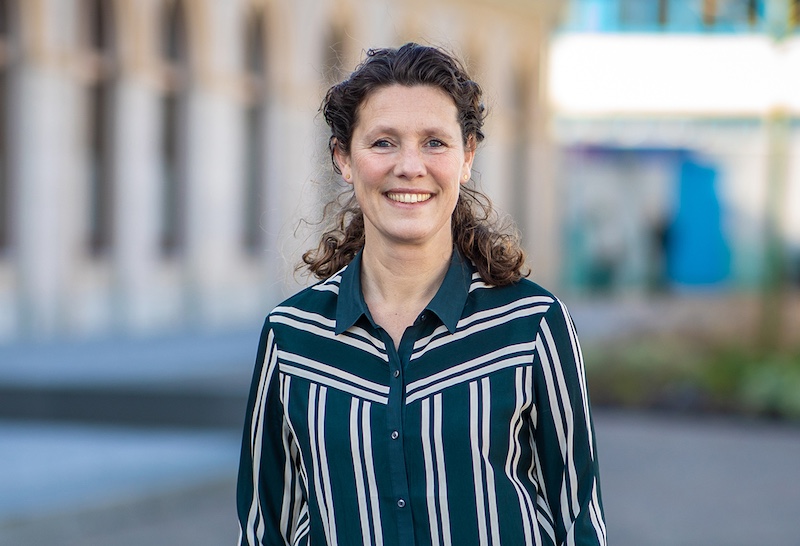
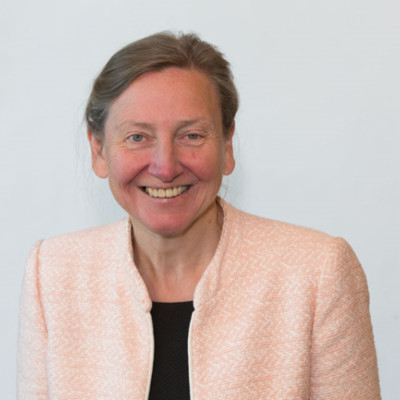
![]()
From the municipality of Dordrecht, we see DMI as a strength. Namely, we can now cooperate in a constructive and innovative way with both business and knowledge institutions and other governments. ![]()
Gemma Smid, director of social domain, Dordrecht municipality
![]() We want to make our environment more sustainable, healthier, accessible and attractive. To realize these ambitions, we need to look broader. That is why we have joined the DMI ecosystem.
We want to make our environment more sustainable, healthier, accessible and attractive. To realize these ambitions, we need to look broader. That is why we have joined the DMI ecosystem. ![]()
Sebastiaan Dommeck, parking/MaaS and shared mobility advisor, Amersfoort municipality
